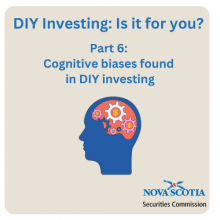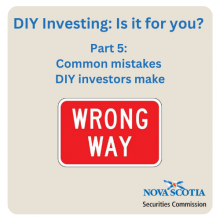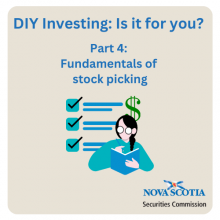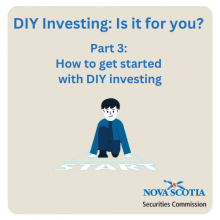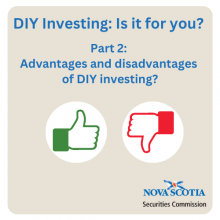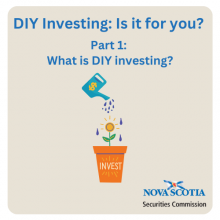Investor Education Month and World Investor Week Starts Now!
Submitted by nsscadmin on
It’s the start of October which is also the start of Investor Education Month and World Investor Week. Throughout October the Nova Scotia Securities Commission will be sharing investor education content and resources on our website and through our social media channels. Here's a rundown of the the investor education content and events we have planned for the month.






